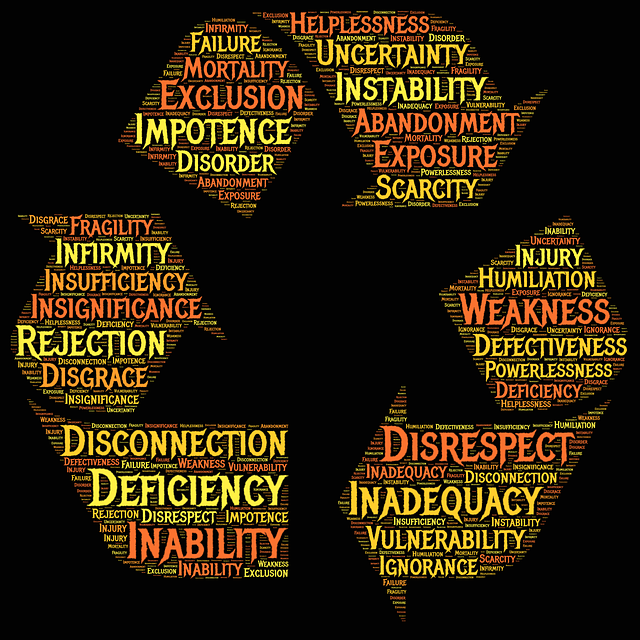Trauma survivors have symptoms of the trauma in their behaviours and thoughts, these are not their personality or character but are echoes of trauma. Complex Post Traumatic Stress Disorder is mostly seen in those whose trauma occurred in childhood. When children go through prolonged trauma the brain is still developing and it interrupts the natural course of their psychological and neurological development. Trauma can be caused by ongoing emotional neglect or psychological abuse (it does not have to be a major catastrophic event).
Some symptoms of trauma are:
Depression
Irritability
Numbing
Loss of interest
Decreased concentration
Chronic pain
Headaches
Hopelessness
Shame and Worthlessness
Substance Abuse
Eating Disorders
Nightmares
Flashbacks
Hypervigilance
Mistrust
Feeling Unreal or Out of Body
Generalised Anxiety
Panic Attacks
Emotional Overwhelm
What Causes Complex PTSD?
Complex PTSD develops in response to chronic traumatisation over the course of months or years. The trauma can include emotional, physical or sexual abuse. Children growing up in a narcissistic household will have ongoing trauma from their emotional neglect alone. There are exceptional circumstances in which adults can develop Complex PTSD, but it is mostly seen in those whose trauma occurred in childhood. When children go through prolonged trauma the brain is still developing and it interrupts the natural course of their psychological and neurological development.
Psychological effects of Complex PTSD include hypervigilance where the person is always on high alert both mentally and physically as they are constantly on the lookout for danger. They may have a hyper awareness of sounds, facial expressions or the atmosphere in a room. They may have an exaggerated startle response, or they may be triggered by people arguing or shouting. This will trigger the nervous system into producing all the chemicals necessary and getting the body ready for the fight, flight, freeze or fawn response. Complex PTSD means the person can feel easily overwhelmed and less resilient to life’s issues. They may worry extensively about what may happen, they may have nightmares and flashbacks to the trauma, and they may feel depressed or hopeless about the future. They can also be irritable and quick to anger and may have problems sleeping.
Individuals with Complex PTSD are also vulnerable to physical symptoms that cannot be explained medically but are caused by their internal pain and stress. These somatic symptoms can include neck and back pain, headaches and migraines, gastrointestinal problems including irritable bowel syndrome. They may develop fibromyalgia which involves muscle pain, fatigue, and problems with sleep, memory, and mood.
Complex PTSD very often co-occurs with dissociative disorders. Other common conditions it co-occurs with include borderline personality disorder, depressive or bipolar disorders, anxiety disorders, obsessive compulsive disorders, eating disorders and addictions.
The Differences between PTSD and CPTSD
Judith Herman is a psychiatrist and author who first proposed Complex PTSD as a separate diagnosis, she states:
“Observers who have never experienced prolonged terror, and who have no understanding of coercive methods of control, often presume that they would show greater psychological resistance than the victim in similar circumstances. The survivor’s difficulties are all too easily attributed to underlying character problems, even when the trauma is known. When the trauma is kept secret, as is frequently the case in sexual and domestic violence, the survivor’s symptoms and behavior may appear quite baffling, not only to lay people but also to mental health professionals. The clinical picture of a person who has been reduced to elemental concerns of survival is still frequently mistaken for a portrait of the survivor’s underlying character.“
Both PTSD and CPTSD involve the following symptoms; re-experiencing in the here and now, avoidance and a sense of current threat. CPTSD also involves affect dysregulation (this refers to a poor ability to manage emotional responses or to keep them within an acceptable range of typical emotional reactions), a negative self-concept and disturbances in relationships.




This Post Has One Comment
Hi
I have been a Scapegoat to my Malignant Narcissistic Mother for 50 yrs. She is the ignoring type. I don’t have much support at all and I’m full of fear and terror most of the time. I went no contact 5 years ago when nm tried to poison my 16yr old son against me. Then my dad came to tell me I’d been disinherited because they hadn’t seen my son. Hearing that destroyed me as I’ve been ostracised so many times I’ve lost count, just for adultly disagreeing with nm. She would cream at dad “Get her out of this house”, and he would apologetically ask me to leave .I never knew when to come back as no one would ring me and birthday and Christmas cards would stop off everyone. Both my sisters who moved away at 18 and have never heard my side of what happened, were not allowed to contact me (unspoken rule). When I passed my nurse training yrs ago, my nm just gave me a dirty look. I’m 55 now and feel like my life has been slowly destroyed. Because I didn’t react to being disinherited, my nm started a nasty smear campaign in the village we both live in. I got afew looks and ignored. This has given me severe anxiety and severe depression, also Social Anxiety. I’ve been in bed mostly for the last 4 yrs. I can’t walk my dog.
Kind regards